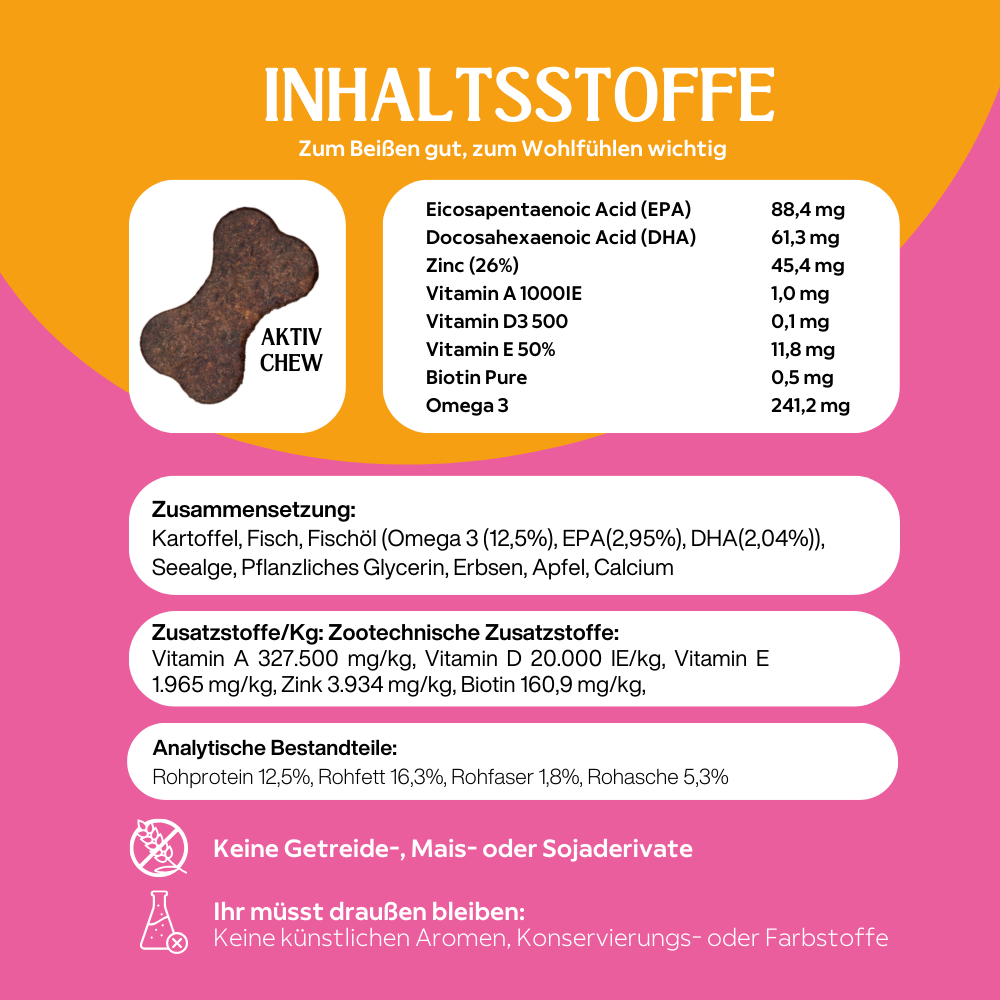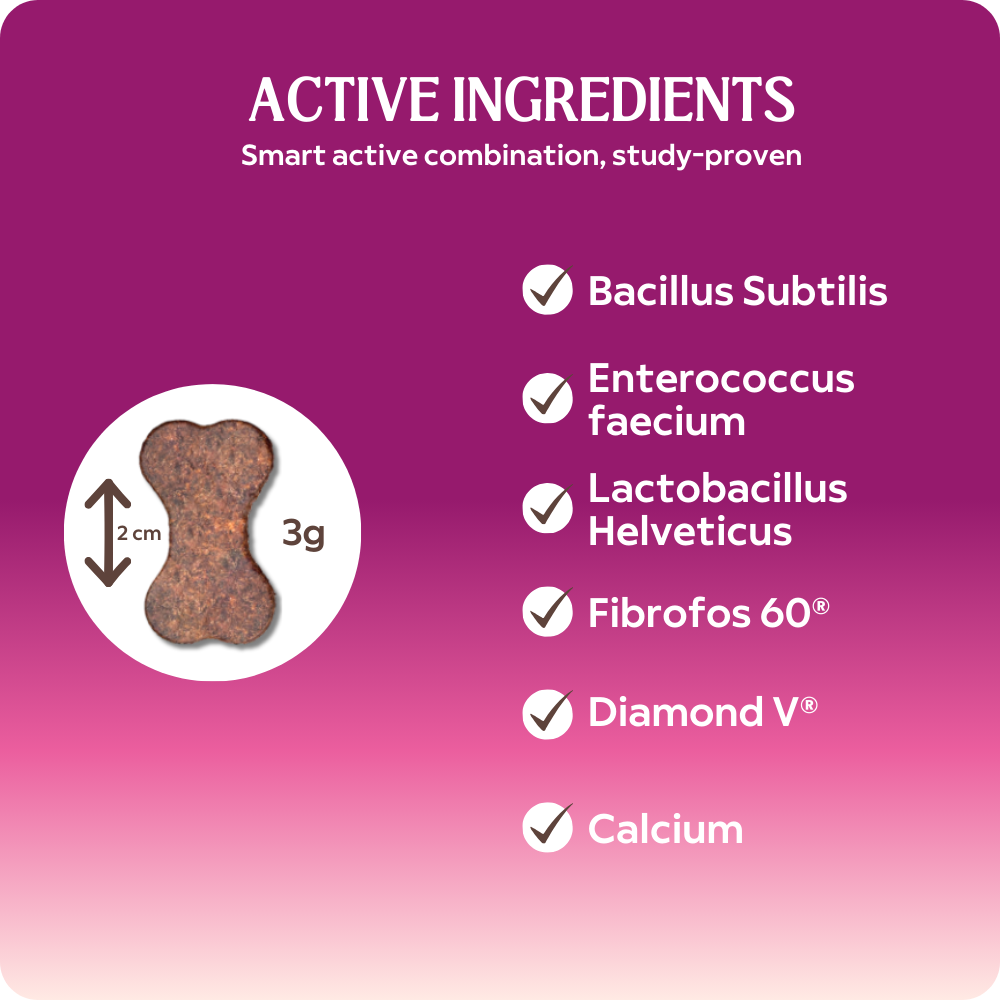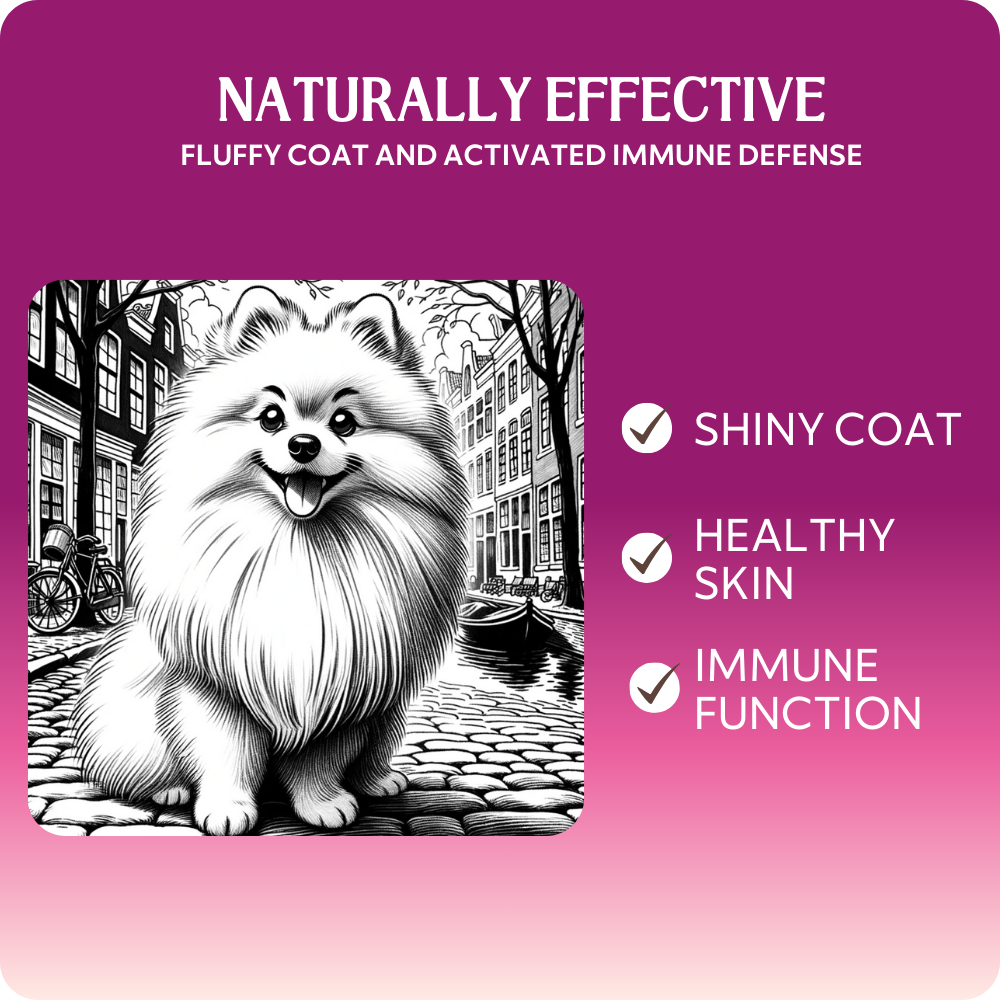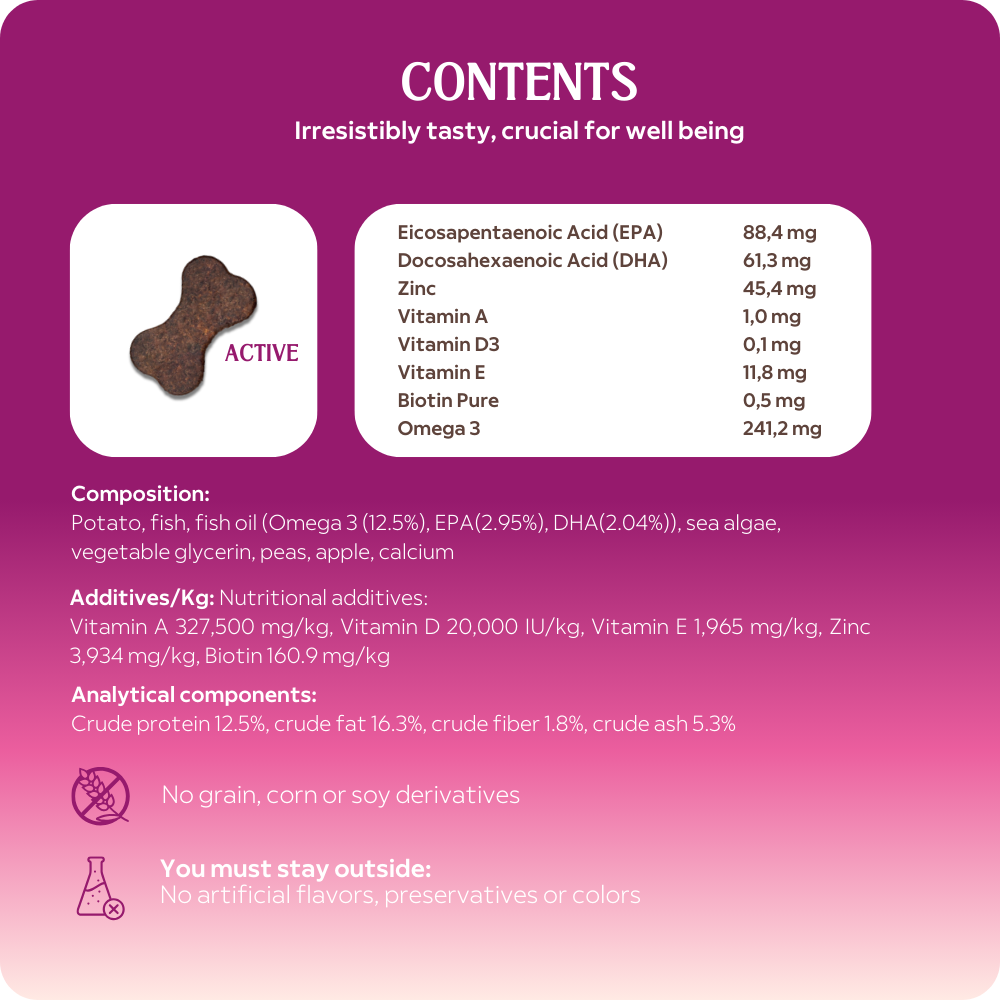Water is an essential part of a dog's daily diet and plays a central role in its health and vitality. But how much water should your dog drink daily to stay well hydrated? This article will give you an overview of the basics of water intake in dogs and offer tips to ensure your dog gets enough fluids.
general guidelines
The general rule is that a dog should drink about 50-60 ml of water per kg of body weight every day. That means:
- A 10kg dog should drink around 500-600ml of water per day.
- A 30 kg dog about 1500-1800 ml.
However, it is important to note that the exact water needs may depend on various factors, such as:
- Dog age and size : Puppies and young dogs may need more water per kg of body weight than older dogs.
- Activity level : An active dog needs more water than a less active dog.
- Diet : Dogs that eat mostly dry food need more water than those fed wet food.
- Health status : Illnesses or certain medications can affect water needs.
Signs of adequate and inadequate hydration
- Adequate hydration : Elastic skin, moist muzzle, clear eyes and a general impression of vitality.
- Underhydration : Sunken eyes, dry muzzle, lethargy and, in advanced stages, skin lacking in elasticity.
Tips to promote water intake
- Always provide fresh water : Make sure your dog has access to fresh, clean water at all times.
- Multiple water sources : Placing water bowls in different locations, especially if your dog moves around a lot or the house is large.
- Water Play : Some dogs enjoy playing with water, which can also increase their water intake.
Conclusion: Water is quality of life
Adequate water intake is crucial for your dog's health and well-being. If you want to make sure that your dog drinks enough, carefully monitor his drinking behavior and general condition and consult the veterinarian if you are unsure or notice any abnormalities.
Note: This article is for general information and does not replace professional veterinary advice. If you are unsure or have specific questions, please contact your veterinarian.

















